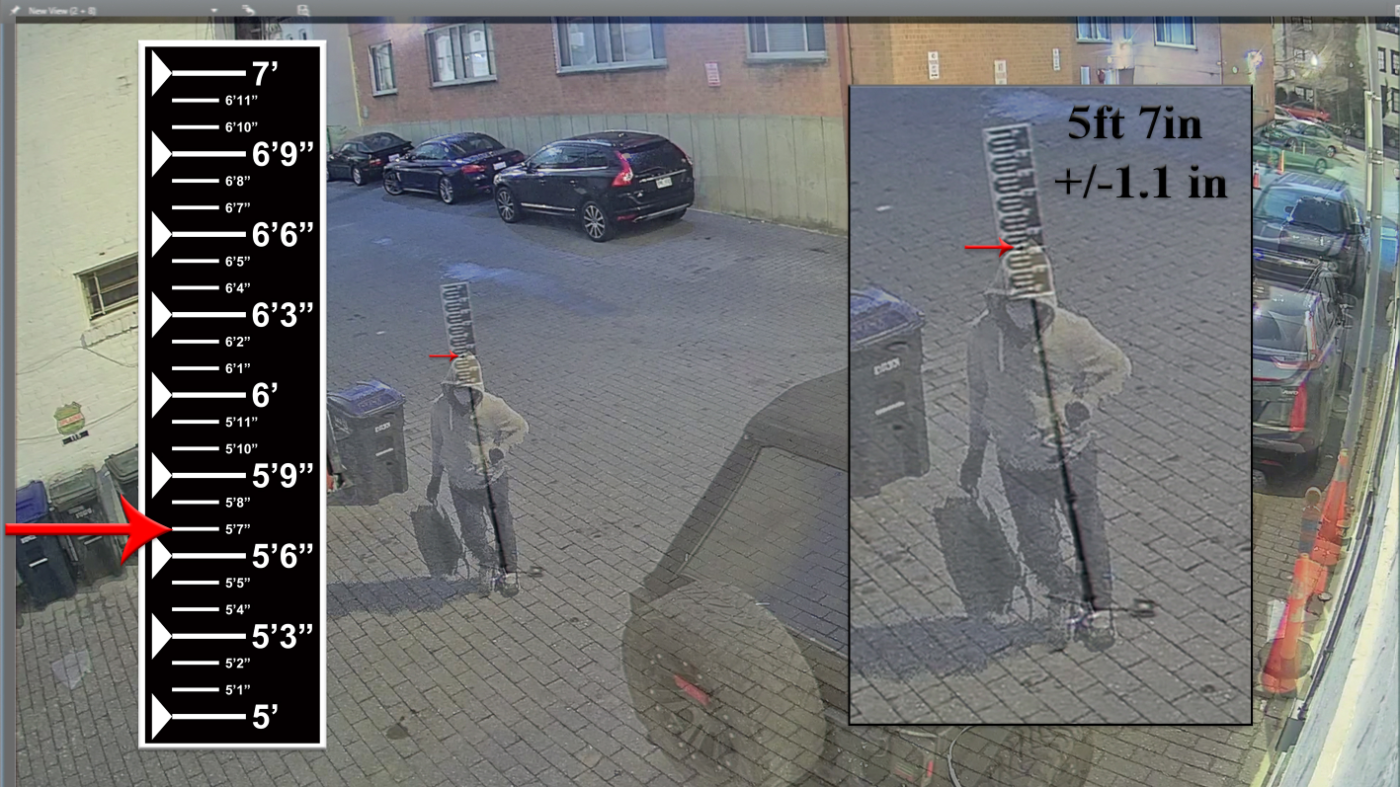Campaign 2024: 100 days is more than enough
You can say a lot of bad things about the 2024 presidential campaign, which mercifully ends today. There was only one presidential debate between the two candidates; there was very little attention paid to policy; the campaign rhetoric, especially on the part of Donald Trump, was the most divisive ever heard from any presidential candidate.
It was, in many ways, a campaign to be ashamed of. But you must admit, there was one thing good about it: Campaign 2024 was remarkably brief. Originally, it looked like it was going to be a lot longer. Donald Trump, who never really stopped running for president — and now says he never should have left the White House in 2021 — announced for reelection on Nov. 15, 2022. It set up an ungodly two-year presidential campaign. President Biden officially joined the race in April 2023.
But the real campaign — the one we’re voting on today — began only when Biden dropped out of the race on July 21, 2024 and endorsed Vice President Kamala Harris. It lasted a refreshingly brief 107 days. And, whatever the outcome, campaign 2024 proved that campaigns don’t have to drag on for months and months. One hundred days is all you need. After 100 days, we’re sick of them, anyway.
By today, Nov. 5, anybody who was going to vote has either already voted or is ready to vote. We knew all we needed to know about Donald Trump and Kamala Harris. We knew their personal history, their experience, their qualifications for office, their character, or lack of it, where they stand on the major issues and what they plan to do if elected. One more day would not have made a difference in one single vote.
Campaigns weren’t always this long, not even here in the United States. John F. Kennedy didn’t announce for president until Jan. 2, 1960. Seven months later, he won the Democratic Party nomination. Eleven months later, he was elected president of the United States. A short, intense, remarkably successful campaign.
The interminable American presidential campaign began with Jimmy Carter, who was an unknown peanut farmer and governor of Georgia when he announced his bid for president in December 1974. That was more than a year before the first 1976 primary and two years before he was finally elected, creating the myth that the longer you run, the more successful you’ll be. Which, as many other candidates since have proven — think Sen. Ted Cruz (R-Texas) in the 2016 election — is not necessarily the case.
And there’s plenty of evidence in other countries that shorter campaigns can work. In the United Kingdom, for example, national campaigns are limited by law to 25 working days, roughly five weeks. Surely, if Brits can decide who should lead their nation in 25 days, so could we. Note: That’s not the only reason to envy UK voters. British law also prohibits candidates from running campaign ads on commercial television. Ah, if only we enjoyed the same blessing.
Political consultants and pollsters make too much money on campaigns to allow it to happen here. But think how great it would be if candidates for president had to wait until January of election year to announce. Followed by four or more regional primaries in the spring, the nominating convention in mid-summer and election in November. Short, sweet and sufficient. My rule for political campaigns: the shorter, the better.
Press is host of “The Bill Press Pod.” He is the author of “From the Left: A Life in the Crossfire.”
Source link




